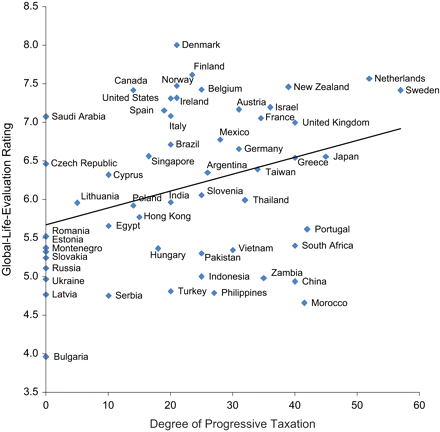
Sustainability
Singapore

CURRENT MEASURES
The government of Singapore can be said to be advanced in the sense that it has already started implementing policies to combat the rising inequality.
SOCIAL AWARENESS
They are trying to make economic growth more widespread. One government objective is steady economic growth but this may be contradicting the other objective of income equity. There are cases, for one Singapore, when a country is said to be growing this does not necessarily mean that the benefits are seen by everyone.
To address this, the government has put out statements saying that they will issue more progressive taxes to reduce inequality. Progressive taxation is taxing those with a higher income higher than those with lower. This is a standard procedure enforced to oppose large income inequality.


These social policies that the government has strategically implemented shows how it's perspective on this issue is changing. It is now actively trying to reduce it. It raises awareness on what abuse is and how to get help. It makes help more transparent and readily available.

Awareness programs have been proven to work in countries, showing results. However, citizens may argue that the money spent towards this could be spent towards something more beneficial in a utilitarian aspect. All in all, this is an important cause that is being brought to awareness and should be deemed important.
IMMIGRATION
POLICY
The Government lost a lot of votes in the 2011 elections. It had not done this badly since 1991. It decided to change its policy for political reasons and to stay in power. One policy change they made was to tighten immigration and reduce migrant worker influx and. This was a nod toward the populist movement, a far cry from the globalization that made Singapore the nation that it is. This policy caused rebuttals from angry citizens, hoping that the tightening would not escalate further. The government has been loosening the policy recently, carefully controlling who enters to ensure peaceful workforce and to maintain population growth. Despite many efforts from the government to increase Singaporeans fertility rate, it still remains at 1.3, where the number needed to ensure a growing or stable population is 2.1, thus still needing foreign workers to maintain the population growth.
The graph shows how in 2001 approval ratings declined. This is not all due to immigration policies but has a part to play. There are also external factors such as the Asian financial crisis in 1997.
Mr AKM Mohsin, a Bengali
editor of Banglar Kanthar in Singapore says,
"SOME PEOPLE LOOK DOWN ON LABOURERS."
FACTS

PROGRESSIVE TAXATION
Progressive taxation has been successful because it literally redistributes income, decreasing the income gap. This change in governing is the biggest impact for reducing income inequality.
Singapore does not tax lower income earners at all but progressively increase taxes as households move up income brackets.
This policy implemented in Singapore has proven to boost wage growth of low-income workers (see first figure below). The limitations of this would be to find the balance between reducing inequality and upsetting the rich. Singapore has many tax schemes that benefit the rich, including low taxes on firm's income.


DATA THAT SHOWS CURRENT POLICES ARE WORKING

As seen through the below data, as progressive taxation increases, there does seem to be a positive correlation with the life evaluation rating. It seems unlikely, however, that Singapore will increase their progressive tax as they value their high-income workers tremendously. It is more likely that they would instead work on other policies that attempt to reduce the gap and also do not affect the high-income earners.

source: Progressive Taxation and the Subjective Well-Being of Nations by Shigehiro Oishi, Ulrich Schimmack and Ed Diener in 2011

The current policies of Singapore seem to be working, on at least slowing down or stopping the increase of income inequality. The next step is to start decreasing it. However, this comes with its own challenges. The government will have to carefully address these to prevent eocnomic downfall along with managing societies approval.